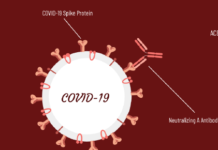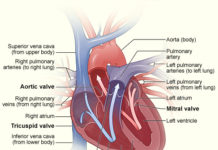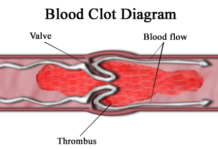On August 5, 2013, Matthew Brady, Associate Professor of Adult and Pediatric Endocrinology, Diabetes and Metabolism at the University of Chicago, reported new research that sleep deprivation affects the amount of high-calorie food people consume.
According to Brady, sleep deprivation reduces the ability of fat cells to respond to insulin, a hormone that controls energy, by 30%. Sleep loss interrupts the energy regulation in people, which can eventually lead to weight gain and other health complications. Fat cells, which help regulate appetite, have direct links to metabolic disruption and weight gain because they are very sensitive to insulin.
In a different study, Stephanie Greer, a doctoral student, and Matthew Walker, a University of California at Berkeley Professor of Psychology and Neuroscience, studied the brain activity and food desire expressed by 23 healthy adolescents during a normal night’s sleep and a sleepless night. In work published in 2013, they stated that the brain’s frontal lobe, the section that governs complex decision making, showed reduced activity in the sleep-deprived brain. However, there was increased activity in the brain areas that respond to rewards. Lack of sleep means that the high level brain regions needed to make judgments and decisions don’t function properly, but brain sections controlling desire are heightened. Greer and Walker concluded that high-calorie foods become more desirable when people are sleep deprived.
The National Sleep Foundation mentions that only one in five adolescents get eight hours of sleep on a school night. Half of the adolescents without enough sleep report to be sleepy the next day.
Dr. Kathryn Love-Osborne, a doctor at the Denver Health Medical Center specializing in adolescent medicine, said, “Many teenagers do activities that stimulate the brain before they sleep and it causes them to be alert to the environment around them. It is also due to the change between their weekend schedule and the early hour requirements of schools. To be able to sleep, they need to relax. Sleeping approximately eight to nine hours is necessary for adolescents to keep up their health.”
In a poll of 40 students at the Denver School of Science and Technology on Monday 11, 2013, 87% of the high school juniors surveyed used computers, 78% use a cellphone, and 70% use some form of technology for one hour before going to sleep. In addition, 60% also eat food past 8 p.m. and 60% eat junk food at night. Throughout the day, 77% of juniors feel tired, with 27% getting the eight to nine hours of required sleep during weekdays, while 78% get sufficient sleep during the weekend.
According to the National Sleep Foundation, sleep deprivation can be prevented by maintaining a regular sleep time, sleeping in a comfortable environment, not eating two or three hours before bed, exercising regularly and avoiding caffeine at night.
Esmeralda Barron, a 16-year-old high school student at the Denver School of Science and Technology said, “Knowing that sleep deprivation can increase how much I eat, I will try to go to sleep earlier. However, I don’t think many teenagers will care, until lack of sleep affects them in a bad way personally.” America Salas

This work is licensed under a Creative Commons Attribution-NonCommercial-NoDerivs 3.0 Unported License














i like
it was good and i didn’t know that it was that important